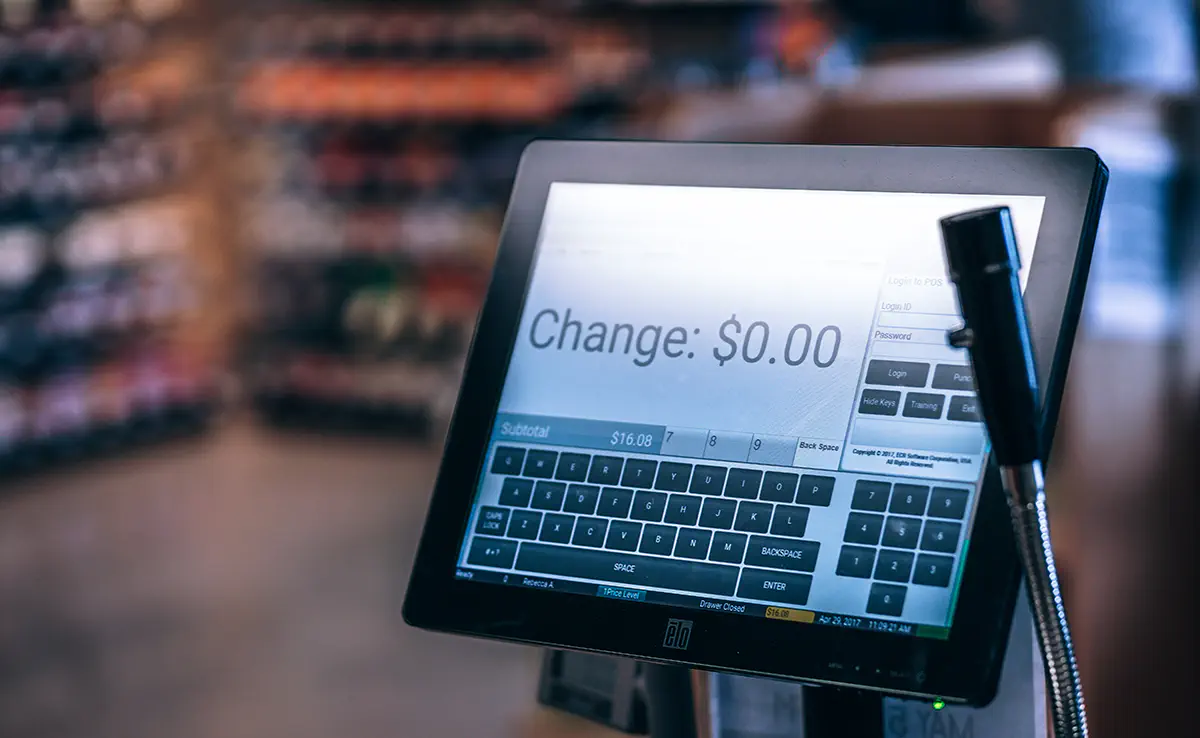
Insights for Entrepreneurs Building a New POS System
An outdated POS system can slow down, become unresponsive, or lack modern payment processing and integration features. Learn when it’s time to upgrade or replace your system!

Sometimes we need an application to be prefilled with some data on its first launch. Usually, we would make a REST query and receive the data from backend, but our application is standalone so that the only data source we have is our apk file.
In this article, I will describe a recipe how to prepopulate Room database with a small data set and how to do it in a few simple steps. Another profit from the approach below is that you can populate data from system resources and you can benefit from localization of the resources.

Let’s suppose that we need to develop an application with a set of the largest cities available after first application start. It would be nice for a user to see a list of cities related to user’s location.
Let’s put the largest cities in a simple Room Entity like this:
| @Entity | |
| data class City( | |
| val name: String | |
| ) { | |
| @PrimaryKey(autoGenerate = true) | |
| var id: Int = 0 | |
| } |
Here is the list of three simple steps we need to implement:
As you know, we should have only one instance of RoomDatabase within application to have it working correctly. So that we create a Singletone for RoomDatabase instance.
| fun getInstance(context: Context): RoomDb { | |
| synchronized(this) { | |
| if (INSTANCE == null) { | |
| INSTANCE = createInstance(context) | |
| } | |
| return INSTANCE!! | |
| } | |
| } |
This is a regular thread safe, lazy Singletone. The idea is pretty straightforward – instantiate RoomDb in case it is NOT instantiated yet. Also we synchronize the method so that calls from different threads wait until the RoomDb instantiation is finished.
Next, we add a callback while creating our database. Here is the code:
| private fun createInstance(context: Context) = | |
| Room.databaseBuilder(context.applicationContext, RoomDb::class.java, "DataBase.db") | |
| .addCallback(object : Callback() { | |
| override fun onCreate(db: SupportSQLiteDatabase) { | |
| super.onCreate(db) | |
| Thread(Runnable { prepopulateDb(context, getInstance(context)) }).start() | |
| } | |
| }) | |
| .build() |
In the above code, we implement Callback and override its onCreate method with parameter SupportSQLiteDatabase. However, we want to use the power of Room ORM rather than inflating database with SQL queries. Therefore, we need to obtain an instance of RoomDb within the onCreate callback as soon as instantiation of RoomDb is finished. To achieve this, we call getInstance() in a dedicated Thread and this is the place where we get use of Singleton thread safety feature.
Now, with RoomDb instance and Android Context we call method prepopulateDb:
| private fun prepopulateDb(context: Context, db: RoomDb) { | |
| val cities = context.resources | |
| .getStringArray(R.array.largest_cities) | |
| .map { City(it) } | |
| db.cityDao().insert(cities) | |
| } |
So the method involves creating an instance of CityDao and inserting a set of the largest cities from string resources. By assigning a dedicated set of cities for each user location, pre-populated data can be easily edited by simply changing the string resources.
This approach is simple to implement, but if you need to prefill a database with a large amount of data, it may be more efficient to copy the database file from the asset to the database application folder.
Of course, you might want to use Dagger for Singleton, in this case you need to adopt the Singleton for using in a Dagger module.
You can find a simple related project here.
Feel free to contact us to comment on this article or get a custom software development quote.
Subscribe and get stories like these right into your inbox.

An outdated POS system can slow down, become unresponsive, or lack modern payment processing and integration features. Learn when it’s time to upgrade or replace your system!

No matter your industry, you've likely heard plenty about blockchain and cryptocurrencies. Despite the buzz, this technology is still far from widespread adoption.

A hash table stores data in key-value pairs, providing constant O(1) time for lookup and insertion. This makes it highly efficient, raising the question of how this speed is achieved.
Let's explore how our expertise can help you achieve your goals! Drop us a line, and we'll get back to you shortly.